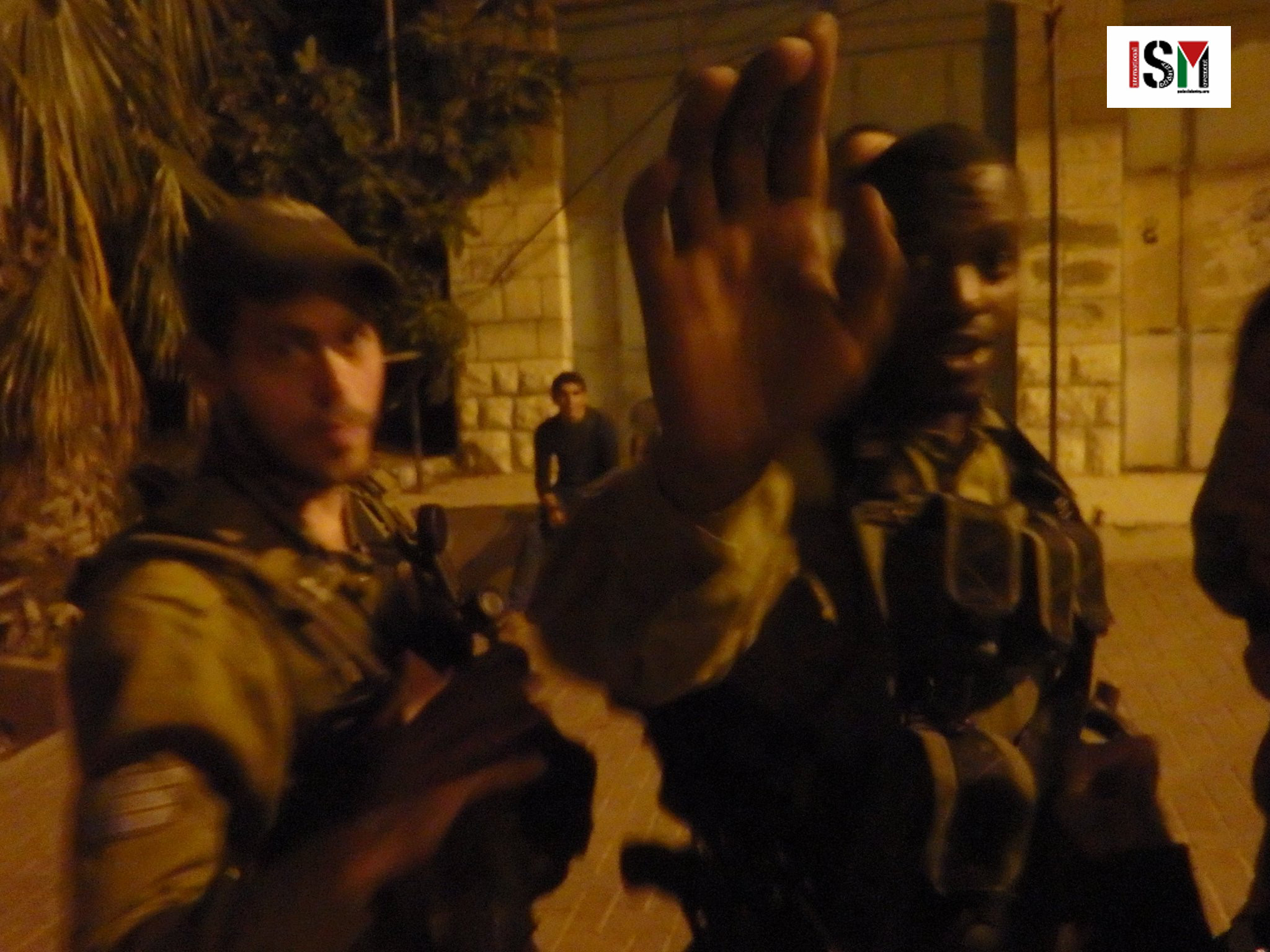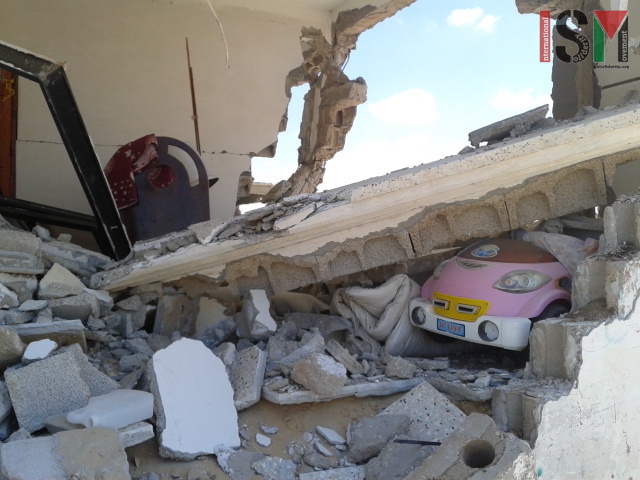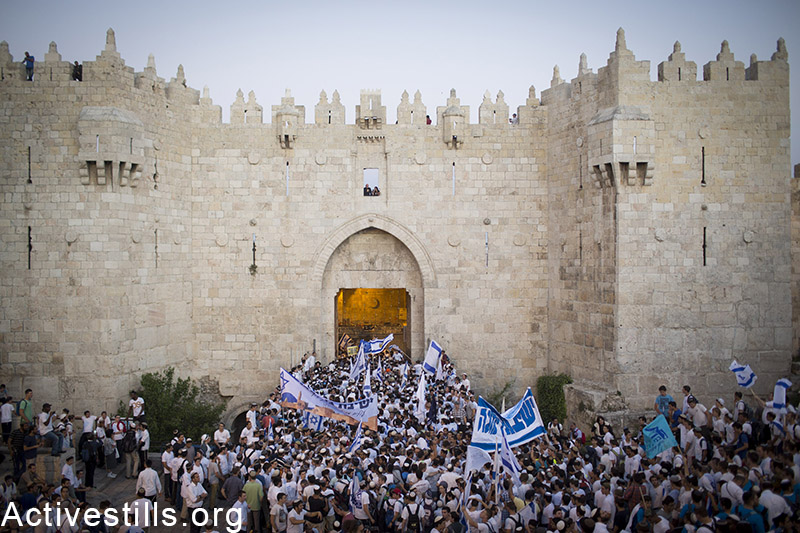Category: Journals
-
Journal: When walking becomes a crime
13th July 2015 | Peter Cunliffe | Al Khalil, Occupied Palestine Last night at around 11:30 PM, we received a call from one of our Palestinian neighbors about an incident that was unfolding outside our window. A group of five Israeli soldiers were guarding two Palestinian youth, who did not look to be older than…
-
“…but still with a few hope in our hearts”
20th May 2015 | Inas Jam | Khuzaa, Gaza. Editor’s note: This is the testimony of a 23 year old woman who survived the land invasion of Khuzaa, Gaza, in the summer of 2014. This is the original version of her writings and no edits have been made. We were in Khuzaa in our grandfather’s house when the war started.…
-
Jerusalem Day: Palestinians met with extreme violence
On Sunday 17th May 2015, I witnessed some of the most violent and painfully blatant acts of Apartheid since my time in Palestine. I went to Al Quds for the annual ´Jerusalem Day´, to document the racist chants, commonly known to occur. ‘Jerusalem Day’, or ‘Yom Yerushalayim’ is a zionist celebration of the 6 day…



